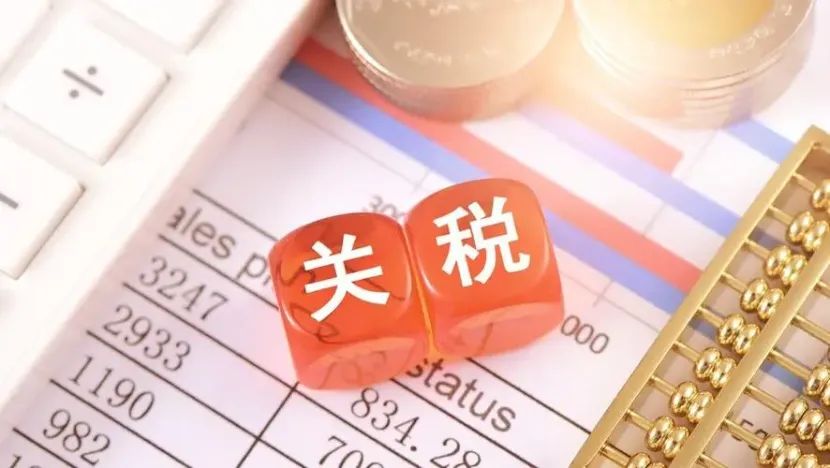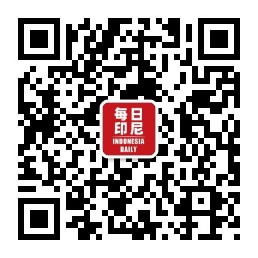PDA says: will Indonesia's top 200% tariffs be implemented on the ground?

According to the Indonesian national news agency, on June 28, Indonesia's Trade Minister Hassan told the media that in order to protect the local manufacturing industry, will be introduced in the next one to two days of new trade regulations, including cosmetics, textiles, clothing, shoes and ceramics from the import of consumer goods and finished products to impose a tariff of 1001 TP3T-2001 TP3T, this news, quickly caused the relevant practitioners Great concern, Mr. Wang tried to explain to you.
First, in fact, the change in Indonesia's trade policy began in September 2023 when the President of Indonesia ordered the rectification of low-priced products on e-commerce platforms.
90%'s online products come from imports, and the most dangerous thing is that they are not our own, it would be nice if the online were our own products, but alas, 90% is all imported and extremely underpriced, it is amazing that a dress is only Rp 5k, there is definitely predatory pricing going on here.
In compliance with the President's directive, Indonesia's Minister of Trade introduced the toughest ever new trade regulation No. 36 in December 2023, which tightened import regulations on six categories of products, including electronics textiles, clothing, shoes, bags, cosmetics, and toys, through quotas and technical licenses, and came into effect in March 2024, with the impact of the policy causing a 26,000-container backlog in the ports of Jakarta and Surabaya by May. The impact of the policy caused a backlog of 26,000 containers at Jakarta and Surabaya ports by May.
Secondly, the backlog of 26,000 containers has aroused strong dissatisfaction among the Indonesian business community, which strongly protested to the government, and the Indonesian government had to amend the trade regulations one after another at the end of April and the middle of May, launching the No. 8 new trade regulations, which almost abolished all the trade thresholds in the earlier period, and the backlog of 29,000 containers in the port was quickly cleared within a month.
Third, then in May-June, led by the Indonesian Textile Association to complain to the Indonesian government, said the past two years, there have been 21 Indonesian textile factories closed down, and 31 are on the verge of closure. 2023 full-year textile and garment industry at least 150,000 textile workers were laid off, the reason for this is because of the large number of Chinese textiles flooded into the Indonesian market, and the sales price is lower than the cost price. This time the Indonesian government and can not sit still, only to have the Indonesian Trade Minister to impose 100%-200% tariffs on Chinese products of the statement.
The Indonesian government in the trade policy of a foot brake, a foot throttle change in the direction of the first is a reaction to the Indonesian government in the face of different business groups in the game of interests, the emergence of ambivalence, in the balance of the relationship between the interests of local traders and producers in Indonesia on the balance of the scales of wavering. Secondly, the Indonesian government lacks long-term strategic planning for the development of the local manufacturing industry, and restricting imports of this medicine is limited to the production capacity and efficiency of Indonesia's local manufacturing industry in a short period of time, and is unable to satisfy the local consumer market. Third, the Indonesian government's internal corruption problems, resulting in the implementation of policies always out of shape, unable to form a positive cycle of policymaking and implementation of continuous adjustment and feedback.
These policies are stacked, the pressure is given to the Trade Minister, so the wording of imposing 100%-200% tariffs on imports has been adopted, will this policy land or not? Let's wait and see!

